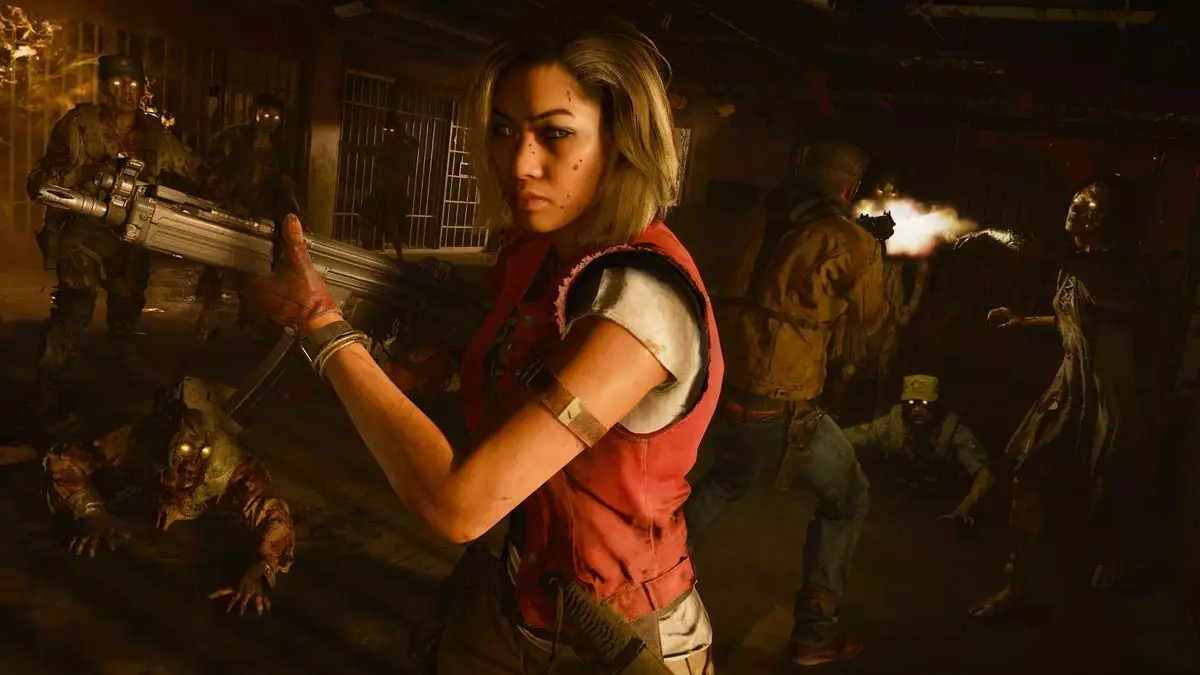In the rapidly evolving world of online gaming, maintaining the balance between fair play and combating cheating has led to the implementation of advanced anti-cheat systems. One such measure is Activision’s Ricochet, designed to protect titles like Call of Duty: Modern Warfare 3 and Warzone. However, the recent revelation by a hacker, who goes by the pseudonym Vizor, has shed light on a significant flaw within this system. This incident highlights both the vulnerabilities present in anti-cheat technologies and the broader implications for the gaming community when these systems fail.
The irony of a ‘fair gameplay’ promise being compromised by the very systems intended to uphold it is striking. Vizor claims to have exploited Ricochet’s weaknesses, resulting in the wrongful banning of “thousands upon thousands” of innocent players. While Activision initially downplayed this incident, suggesting only a “small number” of legitimate players were affected, Vizor’s admissions suggest a far more dramatic narrative that calls into question the effectiveness and robustness of these anti-cheat measures.
At the heart of Vizor’s technique lies a surprisingly simple exploit that reveals significant oversights in the design of the Ricochet system. By identifying hardcoded text strings utilized by Ricochet to flag suspicious behavior, Vizor developed a method to automatically ban players by messaging them with these strings. An example cited by Vizor includes the term “trigger bot,” a notorious cheat tool that allows players to fire weapons instantly upon targeting an enemy.
The discovery that Ricochet could be influenced by such trivial interactions raises serious concerns about its operational integrity. Vizor described the process as almost laughably simplistic, indicating that the anti-cheat team seemed unaware of how vulnerable their system was to exploitation through straightforward language manipulation. The notion that such critical judgments on player behavior could hinge on a string of ASCII text is alarming. Not only does it expose players to unjust penalties, but it also undermines the trustworthiness of the anti-cheat system itself.
What makes Vizor’s actions particularly interesting is the deliberate strategy behind the exploitation. By crafting scripts to automate the process of joining games, messaging unsuspecting players, and repeating this cycle, Vizor showed a methodical approach to maximize the impact of their exploit. This reflects a broader trend within the gaming community, where the line between fair competition and malicious behavior is continually tested.
This methodology creates a troubling scenario: legitimate players find themselves ensnared in a web of automated bans, while the exploiters play a game of cat and mouse with the developers. The cycle of updating and patching anti-cheat measures seems to feed into this dynamic, where developers must constantly adapt, and hackers innovate new methods to circumvent their protections.
The revelation of Vizor’s exploit did not come from the anti-cheat developers themselves; rather, it was an observant cheat developer named Zeebler who exposed the issue. This incident showcases the paradox within gaming: sometimes, those outside the system possess the most vital insights into its vulnerabilities. As the community grows increasingly vigilant and vocal about fairness in competitive gaming, it becomes imperative for developers to engage more transparently with their players.
Activision’s response to this event illustrates an opportunity for growth. The company is now tasked with restoring player trust while also reinforcing the effectiveness of its anti-cheat measures. Transparency about the flaws uncovered and the processes being implemented to rectify them will be crucial in moving forward.
The events surrounding the Ricochet incident serve as a powerful reminder of the challenges faced in developing computer systems designed to regulate massive online interactions. As the gaming landscape continues to expand, developers must prioritize robust and intelligent anti-cheat systems that can mitigate such risks without imposing on the player experience.
Ultimately, this situation underscores the necessity for ongoing dialogue between developers and players. Promoting a cooperative approach may enable the gaming industry to foster a more equitable environment that both deters cheating and protects innocent participants. As developers analyze this incident and learn from the vulnerabilities introduced by Vizor’s exploit, the goal remains clear: to create a gaming ecosystem where fair play reigns supreme.

